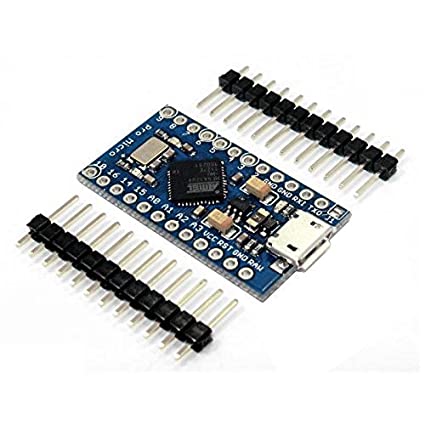

Since the Ghetto CPLD Development System is built with hand wiring and no ground plane, don't expect reliable operation at speeds over a few megahertz. I haven't actually tried this, but there's no reason I can think of that it wouldn't work. If you're going to develop with Altera parts, you'll want to get the Altera software as well. Since this will work for both Atmel and Altera, I recommend it. (I built the Atmel version and it works, so I haven't tried the Altera version.) SparkFun offers a $15 version of the Altera cable.

It's actually a little simpler design than the Atmel cable. So far I've only used the Atmel programming cable, but the Altera Byte-Blaster is supported by the Atmel software and should also work fine. In fact, the Max7000 family EPM7032 and EPM7064 will work in the same socket as long as you use the 44 pin PLCC versions. The concept should also extend to other devices such as those from Altera, Xilinx, Actel, etc. The Ghetto CPLD concept can be easily extended to other Atmel devices, but this device seemed like a good compromise between price, ease of use, and capability. Specifically, I've programmed the Atmel ATF1504AS. Note that you have to provide a 5V supply to the board. Extending the system to cover additional voltages (3.3V, 2.5V, 1.8V are supported by Atmel devices in the same family) is not difficult, but it complicates both the development board and the programming cable. I've tried to balance capability and simplicity so you can build something that you'll enjoy and learn from.

Please note the following limitations and restrictions. By building the development board and interface cable I'll present, then downloading the tools, you can develop your own CPLD applications. Comparison with Altera devices shows their pinout to be the same (within the restrictions I detail below), so they'll work also. CPLD: Complex Programmable Logic Device.) So I did a little digging on the web and came up with a development system for Atmel CPLDs. In fact, this nearly zero dollar tool has proven so fascinating and useful that it got me wondering if it were possible to extend the concept to FPGA/CPLD development as well. For the past several months I have been enjoying the Ghetto Development System for the AVR processors.


 0 kommentar(er)
0 kommentar(er)
